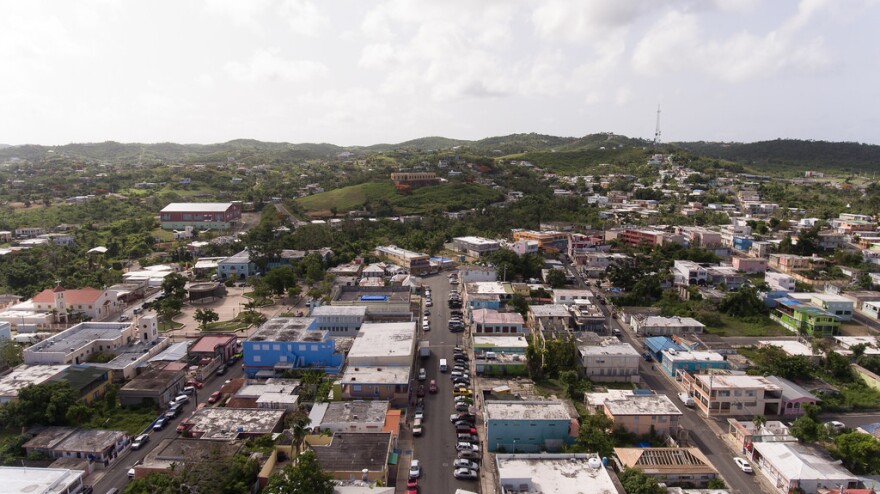A new federal report says Connecticut experienced one of the largest year-to-year percentage increases in homelessness. But state officials and advocates say Hurricane Maria had a major impact on those numbers.
The estimate from the U.S. Department of Housing and Urban Development says based on a one-night survey done in January 2017 and again this year, Connecticut’s numbers spiked 17 percent, to almost 4,000 homeless.
A big reason for that? Evacuees leaving Puerto Rico following Hurricane Maria.
“We did see that spike because of that emergency sheltering program for families displaced by the storm,” said Richard Cho, CEO of Connecticut Coalition to End Homelessness, which conducted the count for HUD.
On the night of that count, it says there were 593 natural disaster evacuees staying in hotels because of Maria, paid for either by the state or the federal government.
Since then, Cho said his group has moved a number of families out of shelter and into permanent housing.
In an emailed statement, Leigh Appleby, a spokesperson for Governor Dannel Malloy’s office, said this year’s HUD report, “is almost entirely attributable to the aftermath of Hurricane Maria.”
Malloy’s administration recently touted a 77-day challenge to help end family homelessness.
Appleby and Cho said that initiative helped to house more than 200 families, or around 1,000 people.
And while Cho said FEMA is no longer sheltering families, money is still available for those seeking permanent housing following Hurricane Maria.
Cho said since CCEH began its one-night survey in 2007, overall homelessness statewide is down by about 25 percent, according to year-over-year HUD reporting.
And while the data isn’t perfect, Cho said the year-to-year count does provide an important baseline.
“The numbers that we count there [are] not meant to reflect all homelessness,” Cho said. “But that point in time count gives us that snapshot, that one night picture, of who’s experiencing homelessness.”
With the 2019 count approaching in January, Cho said he’s optimistic that one-night survey will be more in line with what the state has observed in previous years, barring any other natural disasters.
“We’re hopeful -- and expect to see that the 2019 point-in-time count, we’ll see more or less the same,” Cho said, “either steady, or hopefully, a decrease, in homelessness.”
Copyright 2018 Connecticut Public Radio



